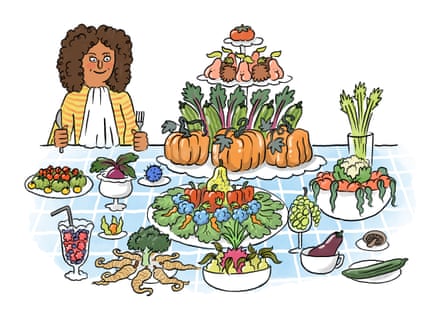From unchainedtv.com
Who would have guessed that scientists are now using AI to revolutionize vegan cheese, and what’s the result? Hold onto your taste buds, because the future of cheese is here, and it’s vegan! Climax Foods, a bold new player in the plant-based game, is rewriting the rules of dairy—with some serious help from artificial intelligence. Led by Oliver Zahn, a former Google data scientist who also happens to be an astrophysicist (yes, really!), this company is turning heads and flipping the script on how we think about cheese. Their secret weapon? An AI-powered process that finds the tastiest plant ingredients to craft vegan cheese so good, you won’t believe it didn’t come from a cow.
AI + Vegan Cheese = Match Made in Heaven

So how exactly does AI fit into your next cheese plate? Well, Climax Foods isn’t just mixing random plants and hoping for the best. Instead, they’ve analysed over 300,000 plants using sophisticated tech to pinpoint the perfect combinations that make their vegan cheeses taste, feel, and melt like the real deal. Forget the old trial-and-error method of food science—these guys are using AI to do in days what used to take years!
And the result? Absolutely drool-worthy cheeses. Their vegan blue cheese and Brie have been getting rave reviews. If you’re lucky enough to try them, prepare for your mind to be blown. One taster at a recent Loving Farm Animal Sanctuary fundraiser described it as “sinfully rich” and “absolutely delicious”—a game-changer in the world of vegan cheese.
The Plant Kingdom to the Rescue

Here’s the cool part: traditional cheese only comes from a few types of milk (cow, goat, sheep), but when you tap into the plant kingdom, there are thousands of options. Climax Foods is using AI to sift through all these plants and create a new kind of cheese magic. They’ve even developed a plant-based version of casein—the key protein that gives cheese its iconic stretch and melt. Basically, you can have all the gooey goodness of cheese without any of the cruelty.
Bye-Bye Dairy, Hello Future!

Let’s talk about the big picture. The dairy industry isn’t just bad for animals—it’s bad for the planet, too. Raising cows for milk takes a huge toll on water, land, and resources. And don’t even get us started on the heart-breaking cruelty involved, like separating calves from their moms so humans can drink the milk that was meant for baby cows. It’s a lose-lose situation.
Climax Foods is here to change that. By offering insanely good vegan cheese alternatives, they’re giving people a way to enjoy their favourite foods without the guilt. As Sacha Lorin puts it, “We need to change the way people treat animals. That starts with showing them how amazing plant-based options can be.”
The mission is clear: Climax Foods isn’t just making cheese—they’re creating a future where our food choices are kinder to animals, the environment, and our own health. And, with AI driving their innovation, it’s only a matter of time before vegan cheese takes over the world. You heard it here first!
Climax Foods is turning the cheese world upside down, using AI to make plant-based cheese that rivals even the best Brie and blue cheese out there. It’s delicious, it’s sustainable, and it’s proof that you don’t need dairy to have a good time. So, next time you’re craving a hunk of cheese, remember: the future is cheesy, and it’s 100% plant-based.
Check out this show and more at UnchainedTV.
https://unchainedtv.com/2024/09/29/how-climax-foods-is-using-ai-to-revolutionize-vegan-cheese/








